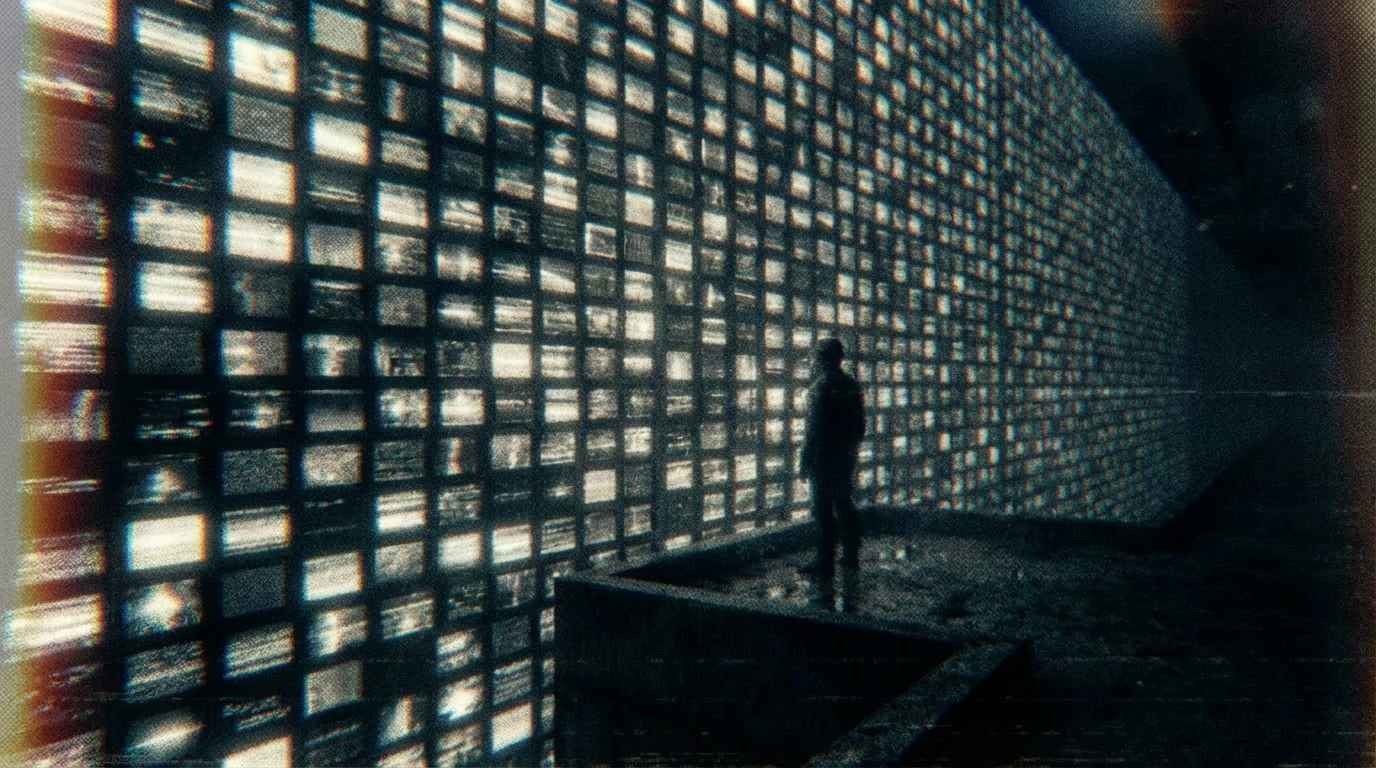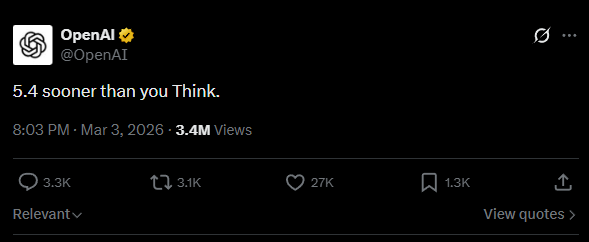Google is expanding its AI-powered search into the workplace. The company has rolled out the "Canvas" feature in AI mode for all users in the US. Canvas is a workspace built into Google's chat systems that lets users organize projects and plans over time. ChatGPT and Claude offer similar functionality.
The update also adds support for creative writing and coding tasks. Users can create documents or build interactive tools and dashboards directly within search: just type in a prompt, and Google generates a working prototype that pulls together current web information and data from Google's Knowledge Graph. Results can be tested, code viewed, and everything refined through chat. The feature is available now at google.com/ai in the US.
With Canvas, AI mode is looking more and more like the Gemini app. Google seems to be gradually unifying its chat offerings, adding features that blur the line between search and a full AI assistant. At some point, AI mode and Gemini could merge into a single product, giving Google its own direct equivalent to ChatGPT.


